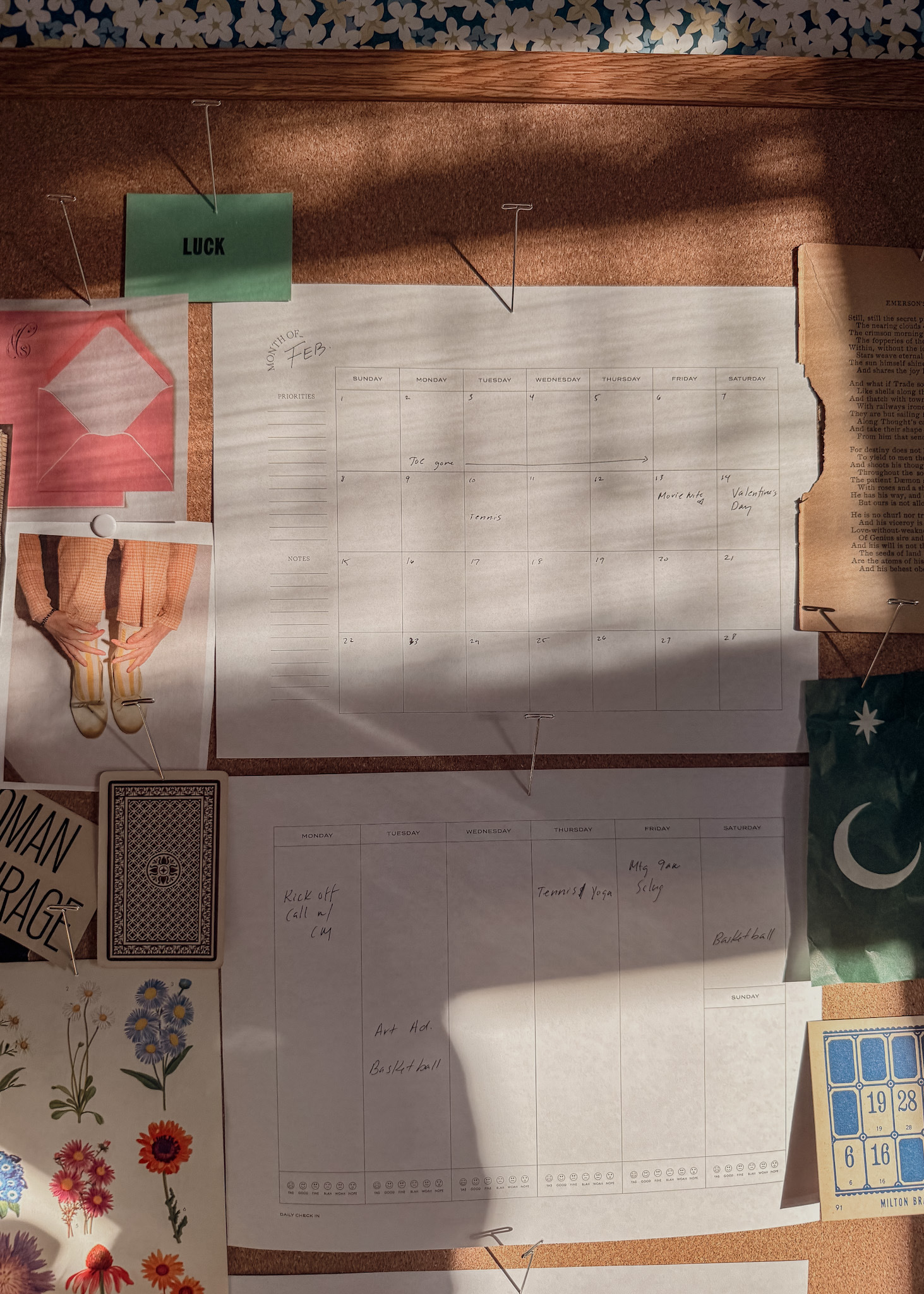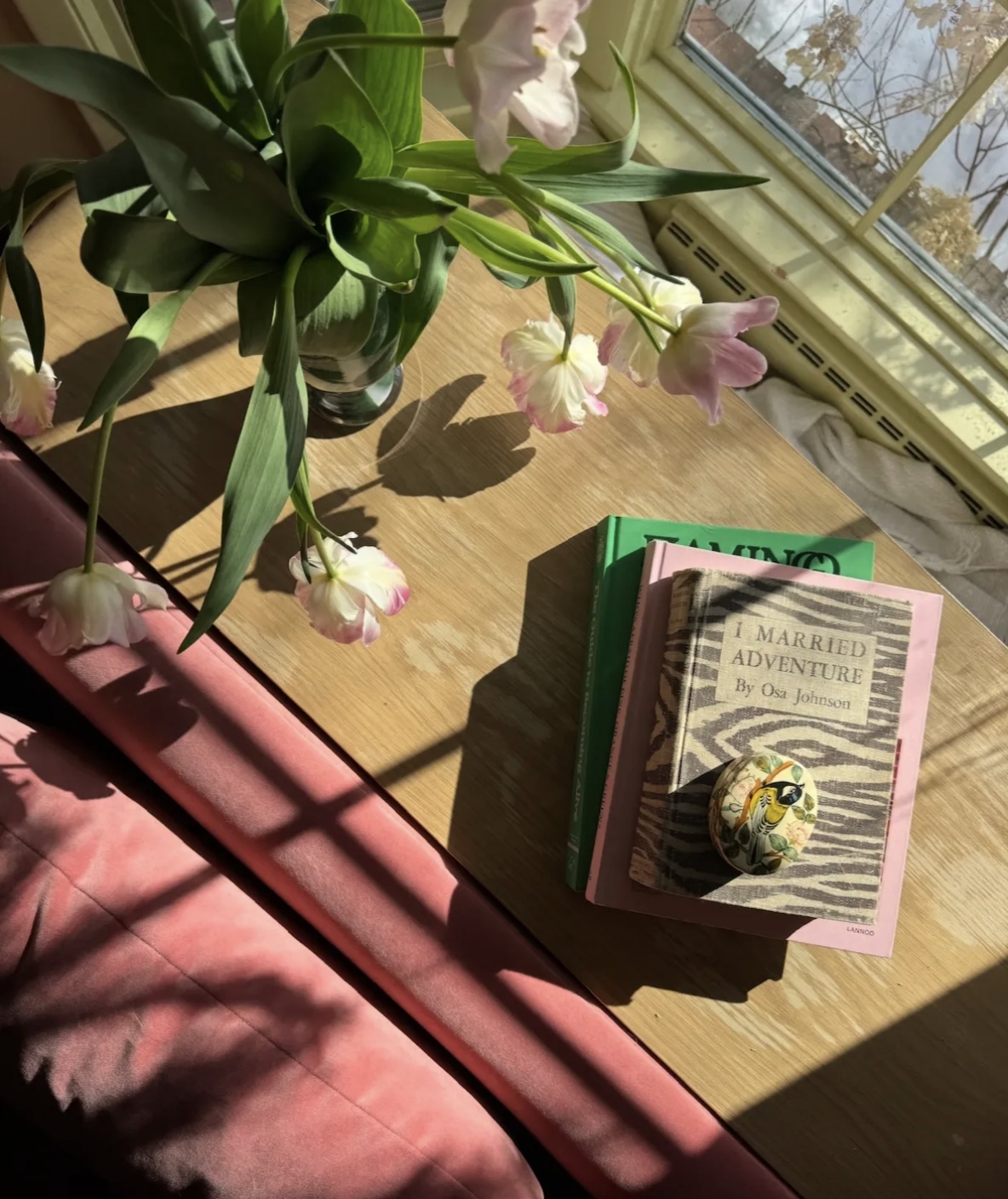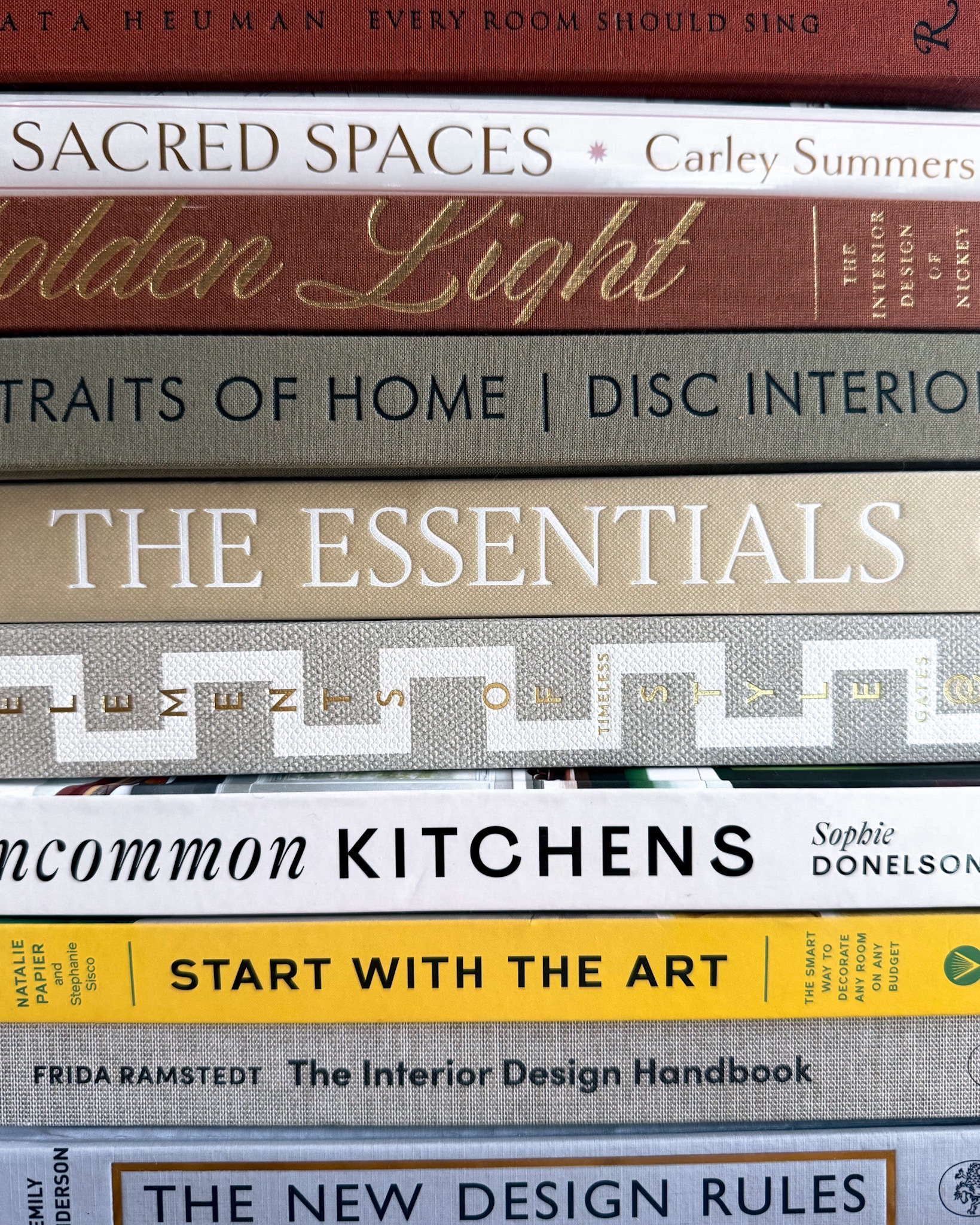

If it were easy to forgive and forget, there would be far fewer quotes circulating the internet touting the emotional and physical benefits of letting go of our grudges. If you’re like me, a bit proud and stoic, you may feel that holding on to the grudge is the one piece of control you have in a situation that left you confused, hurt, and angry.
There are memories from my teens that still send my stomach into flips. That time I could barely squeak the words out of my mouth during speech class. That time a boy in middle school told me my face was so ugly I should hide it in my turtleneck. That time my boyfriend cheated on me with the star of our high school musical. And when she passed me an “apology” that was signed “carpe diem”. The thought of running into her decades later still makes me mad.
While my 20s were filled with far less drama, they certainly weren’t without painful betrayal. Like that time my girlfriend ghosted me for a boyfriend. When potential business partners left me high and dry. The times I’ve had to hire lawyers, make uncomfortable phone calls, and walk away from friendships. If I kept a list of all the events I felt entitled me to hold a grudge, I’d fill a decent-sized notebook. The thing is, all of us have a list like this; we keep tabs of who wronged us and why they’re bad and why we’re the victim in the situation.
I think there is a tipping point where the baggage we carry becomes heavy enough that we’re forced to figure out a way to reconcile where bad blood festers. While there are plenty of science-backed reasons we should “let it go,” is there a way we can let go of the grudge without surrendering our dignity along with it? And can’t that anger we feel be useful in pushing us towards positive change or giving us the energy needed to prove our doubters wrong?
In my experience, using anger and spite has resulted in an uptick in work ethic; it’s provided a fire and a will to prove myself. Could it be that a grudge that propels us into action is different than one that prompts us to question everything? Are we better off with a little bit of competitive fire in our bellies?
The Cut has a great article on the topic and had an enlightening conversation with Psychologist Harriet Lerner, author of The Dance of Anger. The author, Katie Heaney, writes:
But where anger can be useful in illuminating what we do and do not like, or tolerate, in ourselves and others, Lerner says grudges are the static, unhelpful extension of that anger. “Whereas our anger can be a vehicle for personal and social change, the very word ‘grudge’ implies that feelings of anger, resentment, and bitterness are keeping you stuck,” she writes. In some ways, I wonder if this is a semantics issue: why describe someone as “not my favorite” when I could call them “my nemesis”? How often do we really mean it when we say we have a grudge against someone? (Certainly, sometimes.)
If you do feel held back by a grudge, Lerner says it’s possible to let part of it go and still honor all those bad feelings. “Letting go of a grudge does not mean you deny your legitimate anger and pain,” she writes. “It doesn’t mean you have to forgive, forget, or whitewash another person’s bad behavior, especially when that person failed to apologize, listen to your feelings, or show heartfelt remorse. It simply means that you aim to find a way to let go of the corrosive aspects of anger and resentment that don’t serve us.” To me, it sort of sounds like the difference between ambivalence toward or disinterest in a person and straight-up ill will. You don’t have to forgive anyone you don’t want to, but there’s not much satisfaction in mentally reliving one’s grievances all the time, either.
Still, letting go isn’t easy, and it’s not always up to us, either. “Letting go of our grudges is not completely in our control,” Lerner writes. “We don’t just decide one day, ‘Gee, I think this would be a good time to let go of all my grudges, so I can gain some inner peace.’” Hard news to hear mid-afternoon on the day I decided that exact thing, but also, sort of a relief.
When I set out to write this essay at the beginning of the month, I had planned on sharing all the ways I had learned to hold fewer grudges in my 30s. But after reading Katie’s article and reflecting back on the past five years, I don’t think I’ve invited less drama into my life. If anything, it’s gotten more complicated with more opportunities for relationships to become strained. What has changed is what triggers anger, resentment, and bitterness in myself. This shift in thinking has come from getting to know the… “uglier” sides of myself, and figuring out how to be a little more self-aware when it comes to what triggers me and how I respond to said triggers.
For example, I tend to be a bit suspicious. History would give me a good reason to be this way, as like most of you, I’ve been naive and taken advantage of on more than a handful of occasions. What helps me manage that side of myself today is to acknowledge when I’m feeling vulnerable. I then ask myself what I need to feel at peace with the situation, regardless of the outcome. To be OK with all outcomes is a difficult challenge, because obviously we don’t want to be wrong. However, when we remember that each situation is unique and we really can’t control what THEY do—only how we react and respond—it becomes pretty clear what risks are involved.
Somehow, this line of thinking has made me feel more in control and with more power in situations where I do feel suspicious; I’m more in touch with how I’m feeling and more equipped to take a risk knowing I’m doing my part in making it as fruitful and positive as possible. Knowing you can handle a fallout without losing yourself is incredibly empowering. It has helped me trust people more, feel like less of a victim, and strengthen my existing relationships while filtering out the not so desirable ones.
Which is pretty cool. Because people do shitty things. They do incredibly kind and wonderful things, too. We can’t protect ourselves from the former without closing ourselves off from all the benefits we gain from vulnerability and human connection. And if there is one thing to consider from this essay it is this: ALL of us—even the nicest, sweetest person you know—has been the villain in someone’s story.
So let it go, girl… if you feel that serves you best.


Kate is the founder of Wit & Delight. She is currently learning how to play tennis and is forever testing the boundaries of her creative muscle. Follow her on Instagram at @witanddelight_.
BY Kate Arends - April 25, 2019
Most-read posts:
Did you know W&D now has a resource library of Printable Art, Templates, Freebies, and more?
take me there
Get Our Best W&D Resources
for designing a life well-lived




Thank you for being here. For being open to enjoying life’s simple pleasures and looking inward to understand yourself, your neighbors, and your fellow humans! I’m looking forward to chatting with you.
Hi, I'm Kate. Welcome to my happy place.


















Thank you for this post. I appreciate it, and I can relate with the emotional complexity of this issue, and I’m so sorry to hear about the terrible things you had to endure. Personally, I don’t think it’s healthy to prematurely let go of a grudge. It’s human nature to feel and show emotions. It can actually be quite liberating. But, I’ve also come to realize that holding grudges for too long is ultimately a waste of time for me. It’s basically telling myself that a certain person or situation it taking up space in my head and time in… Read more »
I like that …”we’ve all been the villain in someone else’s story.”
All too true.
Hi Kate, this is my picture, would you write my name on, and rest of the team? Thankyou.
Absolutely, thank you for your comment! We’ve added your credit underneath the photo.